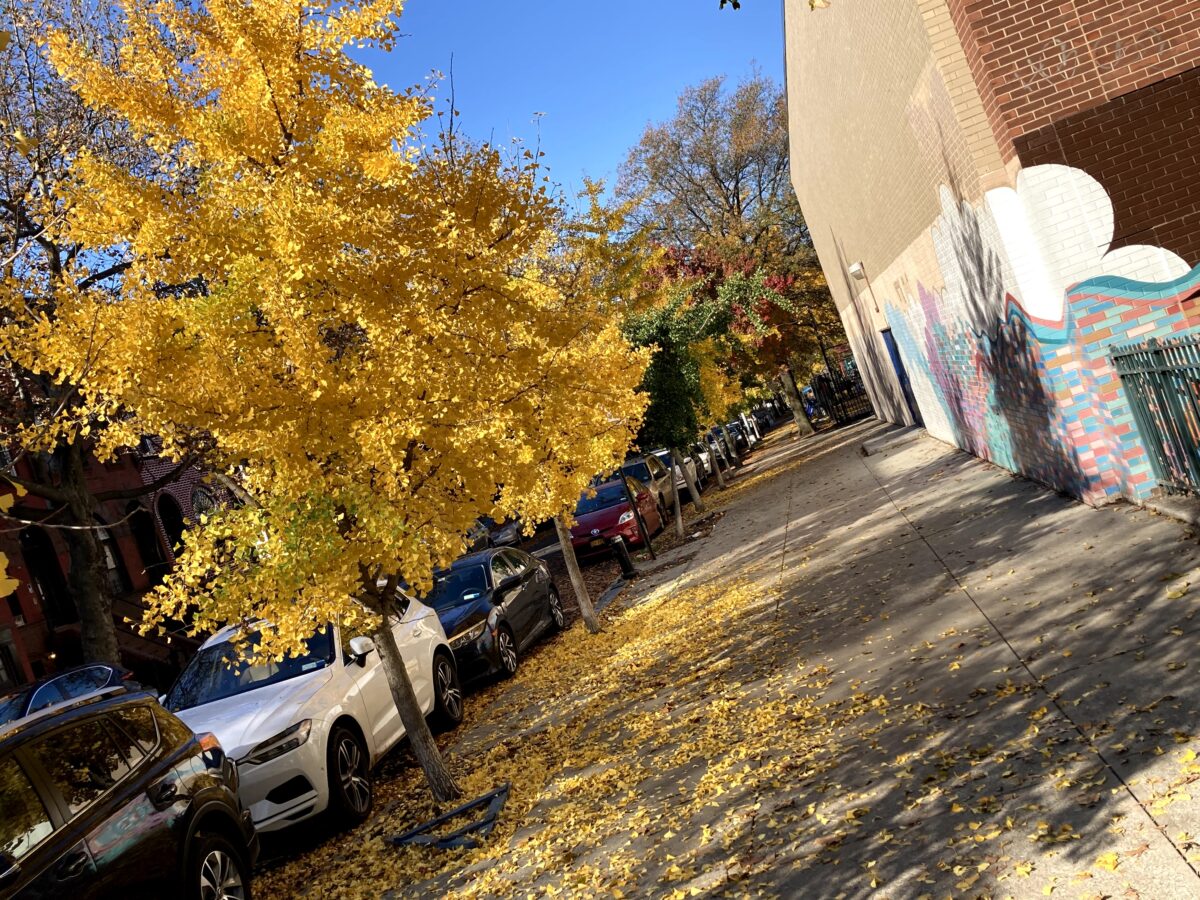May 28, 2024
Knowing who you are is a survival skill

Do you know what you believe and value?
Have you always had a solid sense about what is important to you?
When people describe you, do you know if they are right or wrong?
What about interests? Where you passionate about the same types of things for a long time? When you look at your childhood photos, is there one thread connecting your past to now?
If you answered yes to any of these questions, then you index high on something called consolidated identity. You’re basically the same person that you have always been. Someone who is basically true to themselves, even if it means being different from others.
The key word in the definition is consolidation, meaning, the process of being made stronger and more certain.
Now, in the business world, anytime multiple companies merge to become a new, larger, legal entity, that’s consolidation. But we’re not talking about the world of mergers and acquisitions in this case.
Consolidation has relevance from a psychological perspective. People with consolidated identities have a strong sense of knowing who they are, with a consistency in beliefs, values, and positive worth.
Compare that to people who have a disturbed identity. There’s discontinuity in their values, opinions and beliefs. They depend on others for defining who they are. These individuals have an identity that changes conditional on who they’re around. They’re imitators. Totally different with different people. And they’re not sure which one is the real them.
Which is why their opinions can shift quickly from one extreme to another.
Looking back, they have never really known what they believe or value.
Okay, and if you think a disturbed identity sounds painful, don’t forget about the people who lack identity completely. These people are flooded with feelings of emptiness, being lost, broken, and simply not knowing who they are.
In my life, I’ve mostly been the consolidated type, although there were periods when options two or three described me all too well.
Especially during college. Blech. I don’t even want to remember those years. Just brutal. Feeling empty inside, like a person without a soul? Feeling lost when you think about who are you? Like a puzzle where the pieces don’t fit together, and even if they did, nobody would even notice?
Good god. No wonder the people on that end of the identity spectrum are at high risk. Everything from psychiatric conditions to emotional dysregulation to substance abuse to chemical dependence.
It’s not unreasonable or inaccurate to say, knowing who you are is a survival skill.
Psychologists literature has shown that having a stable sense of self is a key contributor to psychological wellbeing. Identity is what makes you more adaptable and resilient, enables better decision making, and protects you against devastating mental health conditions.
The question is, how do we improve that skill? What can someone do, today, to build a more consolidated identity?
A useful place to start is pride.
Now, I appreciate this is a word that comes with a lot of emotional and cultural baggage. Pride is historically the wickedest of the seven deadly sins. It goeth before the fall. Pride is the source of all other capital sins, the devil’s most essential trait, and the position in which the ego and the self are directly opposed to god.
To quote the great theologian, pride is the worst viper that is in the heart, and the greatest disturber of the soul’s peace. Pride is lowest in the foundation of satan’s whole building, the most difficult to root out, and is the most hidden and secret and deceitful of all lusts.
Wow, there’s a nice bedtime story to teach your children.
Don’t be proud, or you’ll go to hell. Love you sweetie, goodnight!
Look, I don’t meant to underplay the profound value of humility. Humility is basically an endangered species today, and we all could use more of it, including me.
But identity is an asset that consolidates through a process of achievement. Human beings must do things that make use of their potential, so they can make themselves proud.
This is at the heart of what it means to be a person. We don’t always have to be achieving all the time, but if we’re not making ourselves proud, at least some of the time, then our mental health will suffer.
If you or someone you love seems to be struggling with a disturbed identity, or a lack of identity at all, here’s my recommendation.
Build a stable sense of self by asking one question each day. What are you proud of?
Reflect on a singular achievement, no matter how small.
It’s not a sin. I promise you, doing this will not personally hammer your savior to the cross. Jesus was a carpenter for god’s sake. You mean to tell me, that in all his years pounding away in his father’s workshop, he never stepped back from his work, wiped the sweat off his brow, nodded his head with satisfaction, and thought to himself, nailed it! Come on.
Pride isn’t the deadly sin we make it out to be. Quite the opposite. If knowing who you are is a survival skill, then pride can be the compass that points you towards your most authentic self.
I have always done a lot of mentoring with young writers, and that’s the question I’d usually open with.
What’s one thing you’ve created recently that you’re proud of?
Mentees would struggle initially, but once they realized it was safe to talk about making use of their potential, conversations got very interesting very quickly.
Because pride, when treated as a signal, and not a sin, points us towards the heart.

